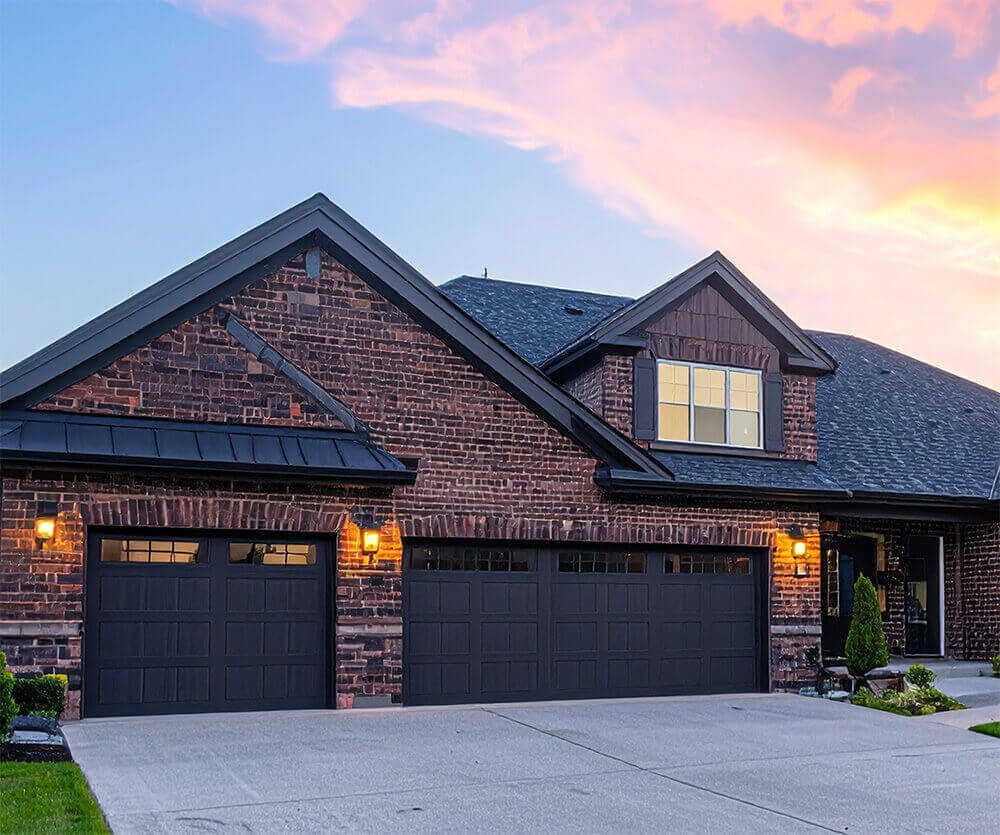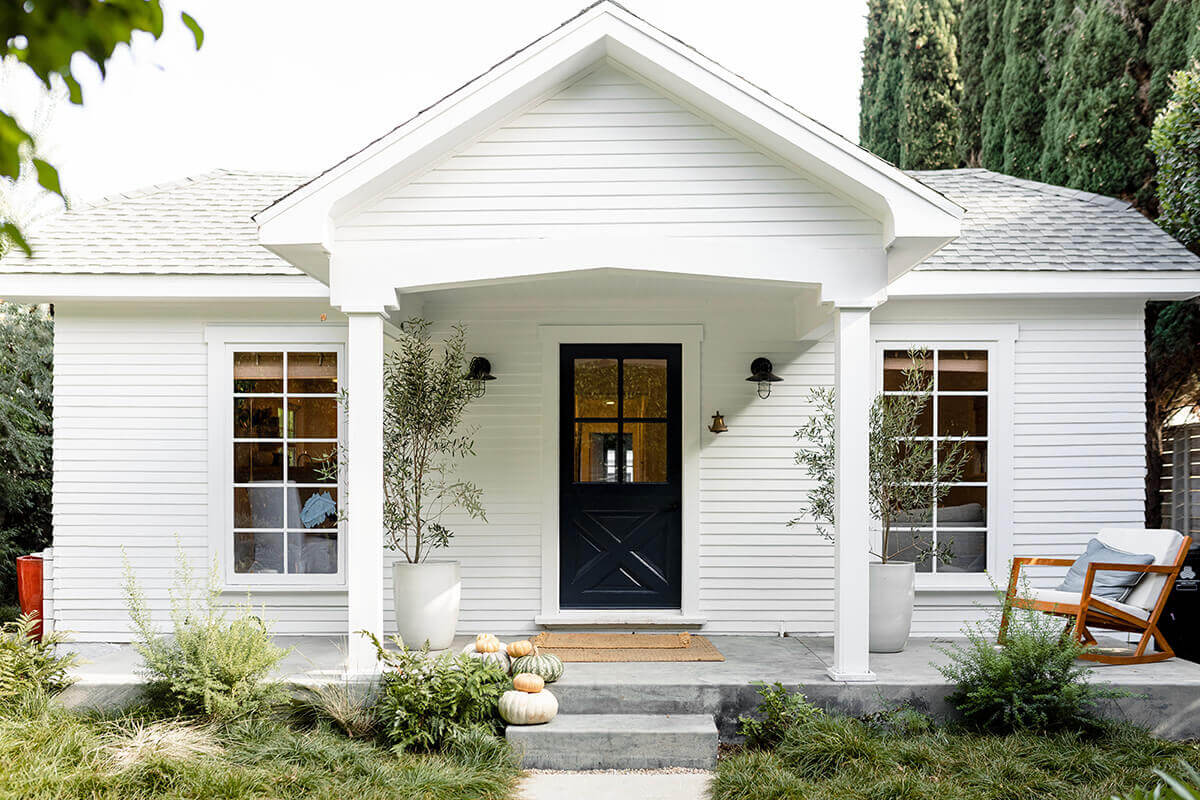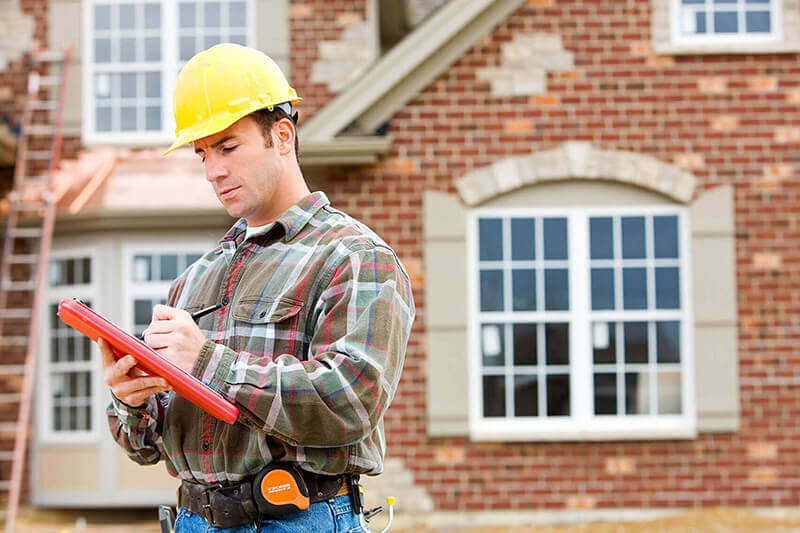Advantages of renting
Renting a house or an apartment has several distinct advantages, including:
- Fixed rent
- No property taxes or HOA fees
- Lower insurance costs (no homeowners insurance)
- Your landlord is responsible for all repairs and maintenance
- Various amenities (e.g., pools, gyms, common areas, etc.)
Furthermore, you’re usually only locked into a year-to-year contract when you rent. Unlike buying a house, you won’t be tied to your rental property any longer than you want, which can be ideal for young professionals, college students, or those who need to relocate frequently.
Advantages of owning a home
Young adults especially find themselves torn between renting vs. owning — what are the advantages of buying a home? There are a few, such as:
- Homeowners build equity with each mortgage payment
- Mortgage payments are often cheaper than renting
- Freedom to modify the property as you see fit
- More room for you and your family
- No need to share living spaces or walls with neighbors
- Available tax deductions
For many Americans, owning vs. renting can be a better option for building equity, meaning the value you invest in a property. Otherwise, your rental monthly payments merely go to support your landlord, which isn’t the best long-term outlook.
Financial considerations for renting vs. owning a home
Chances are your decision about whether to rent or buy is about finances and the current housing market. Here’s how to consider the costs associated with owning vs. Renting.
-
Upfront costs
Buying a home comes with greater initial costs. Even if you don’t make a traditional 20% down payment, you’ll still be responsible for closing costs and administrative fees that can make the process costly.
By comparison, renters usually only have to put down a security deposit equal to one month’s rent, and this payment is fully refundable as long as you don’t damage the property.
-
Ongoing costs
Some ongoing costs will be lower when you rent. For instance, many landlords perform maintenance and landscaping on the rental property. Likewise, renters don’t have to worry about real estate taxes, homeowners insurance, or other costs associated with owning a home.
On the other hand, rental payments can often be steep and unpredictable. In some cases, mortgage payments can be lower than what you would pay for monthly rent. And with fixed-rate mortgages, you won’t experience any surprise price hikes over the course of your loan.
If you’re thinking about buying a house, a mortgage calculator can help you figure out how much you can expect to pay every month compared to renting.
-
Potential savings
When you’re young, renting may give you time to build your credit and savings account. In that respect, it can provide a path toward financial stability — assuming you can secure a rent payment that’s lower than a mortgage.
On the flip side, homeowners can generally deduct property taxes and home offices in some states, and these tax benefits don’t always apply the same way to renters.
Lifestyle factors for renting vs. owning
Your finances may be your primary consideration, but it’s also important to think about your current living situation.
Generally speaking, it isn’t a good idea to purchase a house if you’re planning on moving within the next five years. If your job is unstable or you’re finishing your education, renting can give you more flexibility than buying.
Others, however, may crave the stability that comes with homeownership. If you start a family, you may need more living space, a yard, or access to local amenities such as schools and playgrounds.
Impact on long-term financial goals
Your long-term financial decisions and goals should also influence your choice to rent vs. own. Homeownership allows you to build equity in your home. Once you’ve paid off your mortgage, you’ll own your property outright, and the value of your home will stay with you.
The same cannot be said for those who are renters. Renting may be a short-term necessity, but it won’t help you reach your long-term goals.
Loan products for first-time homebuyers
Some renters stay put because they’re wary of high home prices, while others assume you can only buy a home after saving a full 20% for a down payment. The reality, however, is that there are many loan products that can make owning vs. renting an easy decision.
-
FHA loans
FHA loans backed by the Federal Housing Administration are designed for homeowners with substandard credit. As long as your credit score is 500 or above, you can obtain a home loan with only 10% down. And if your credit score is 580 or above, you only need 3.5% down, putting homeownership within easier reach.
-
VA loans
If you or your spouse are a current or former member of the U.S. Military, you can get a loan backed by the U.S. Department of Veterans Affairs. VA loans don’t require any money down and are available even to those with below-average credit.
-
USDA loans
Loans backed by the U.S. Department of Agriculture are another zero-down payment option aimed at buyers who purchase a home in a qualifying rural or suburban area. USDA loan allow low- to moderate-income households to get up to 100% financing for their primary residence.
-
Conventional loans
Conventional loans offer the lowest interest rates for buyers with solid credit. And even these loan programs only require a 3% down payment, making it even easier to become a proud homeowner.





